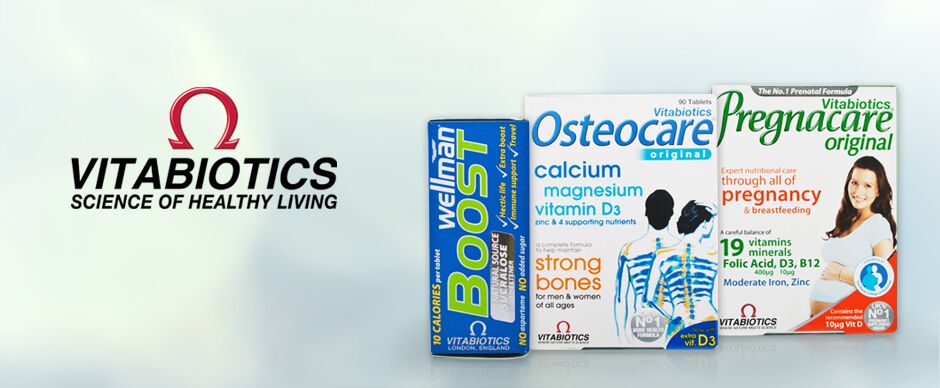
Carotenoids
What are the benefits?
Carotenoids are a large group of yellow, orange and red plant pigments which help to protect plants from sunlight. They work in a similar way in our bodies, acting as powerful antioxidants which help neutralize free radicals caused by sunlight and other environmental factors. Free radicals are by-products of chemical reactions that take place in the body. They cause damage by interacting with cell membranes, proteins and cell DNA.
The 6 most common carotenoids are: betacarotene, alphacarotene, cryptoxanthin, zeaxanthin, lycopene and lutein. Because free radicals are one of the main mechanisms of ageing, and carotenoids help defend against free radicals, carotenoids are very important to help maintain health. They also help maintain a healthy immune system, especially cellular immunity where free radicals may alter cell DNA, causing cells to change. Carotenoids are also important for the communication between cells which helps them regulate growth. Normal cells grow and multiply at a controlled rate.
What are the natural food sources?
Between 500 and 600 carotenoids have been identified, although only 20 or so are found in the modern diet. Generally, the brighter the colour of a fruit or vegetable, the more carotenoids it is likely to contain. Good sources of carotenoids include tomatoes, watermelon, spinach, carrots, peas, broccoli, oranges, pumpkin, peaches, apricots, cantaloupe, red peppers and mangos.
How much do you need?
There is no recommended daily allowance for carotenoids, but they are one of the reasons why fruit and vegetables are so good for you, and why experts agree we should try to eat as many fruit and vegetables as possible.
Are you likely to be deficient?
People who don't eat the recommended five portions of fruit and vegetables per day are probably not getting enough carotenoids. There are no obvious symptoms of deficiency, but a lack of carotenoids in the diet may have a negative impact on long term health.
Are you taking too much?
Carotenoids are non-toxic and can be safely consumed by pregnant women. An excess of betacarotene may cause a yellow-orange pigmentation of the skin, but this is not harmful. Natural carotenoid supplements come from palm oil or marine algae and contain a spectrum of carotenoids. Synthetic carotenoid supplements contain only betacarotene.
Are there any interactions?
People taking supplements of betacarotene for a long period of time should also take supplemental vitamin E, since betacarotene may reduce vitamin E levels in the body. Supplemental betacarotene may not be advised for people who smoke heavily.
Carotenoids can be found in the following products:
Cardioace 30 Capsules, Goldcare 30 Capsules, Visionace 30 Tablets, Wellwoman 30 Capsules, Pregnacare 30 Tablets, Perfectil 30 Tablets, Omega-H3 30 Capsules and Immunace 30 Capsules.
The levels of vitamins and minerals contained within all Vitabiotics products are within the safe levels published by the Health Food Manufacturers Association and elsewhere. Note - this material is provided for information purposes only. While Vitabiotics has taken steps to ensure it is as factual as possible, we cannot provide any guarantee on the reliability of all information contained herein or the reliability of facts obtained from other information sources.

